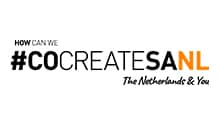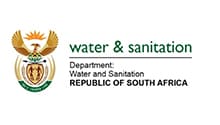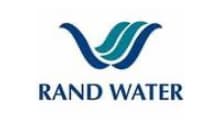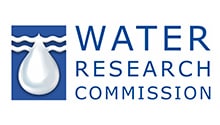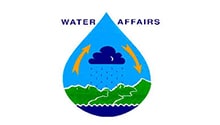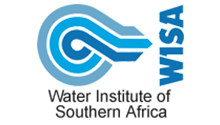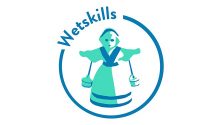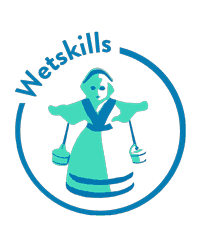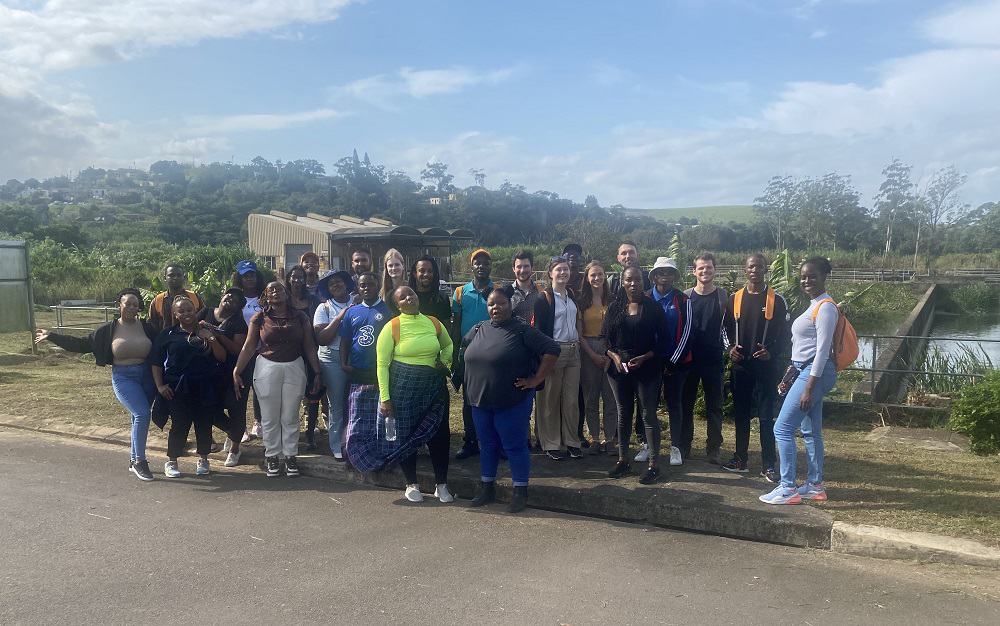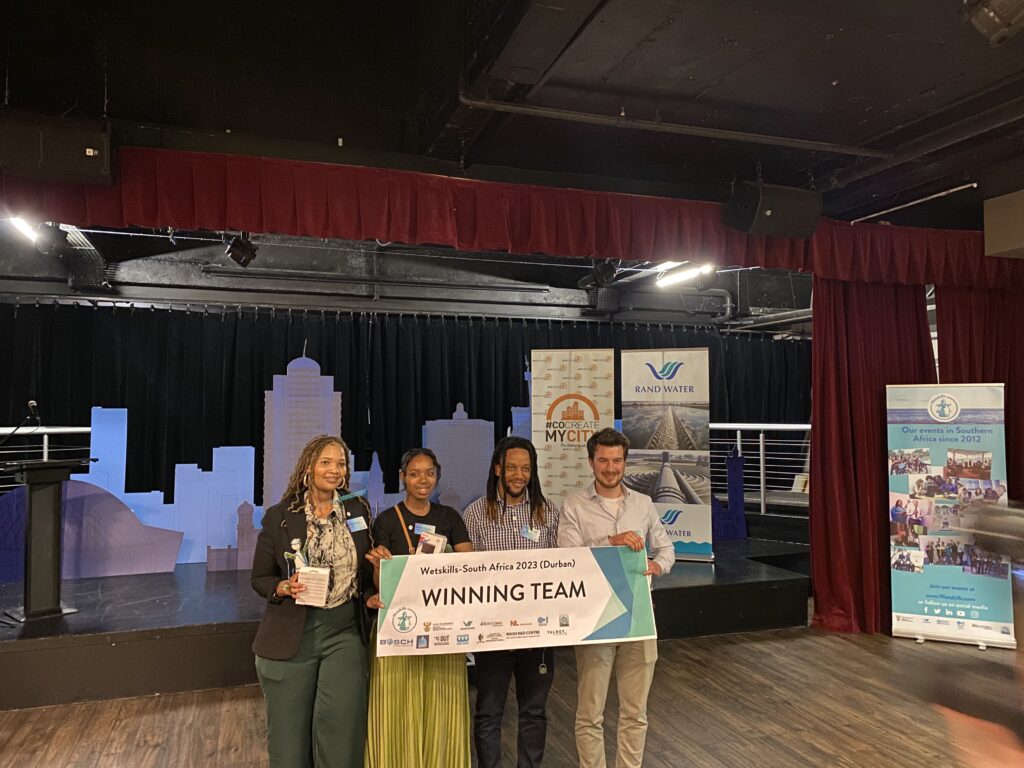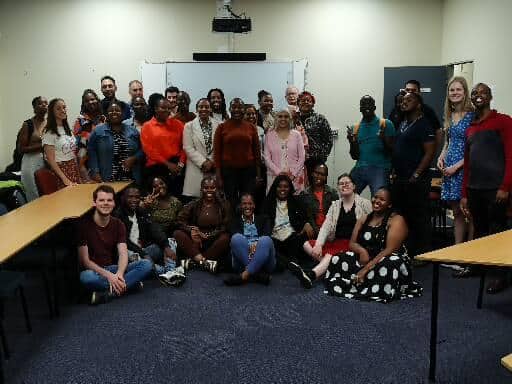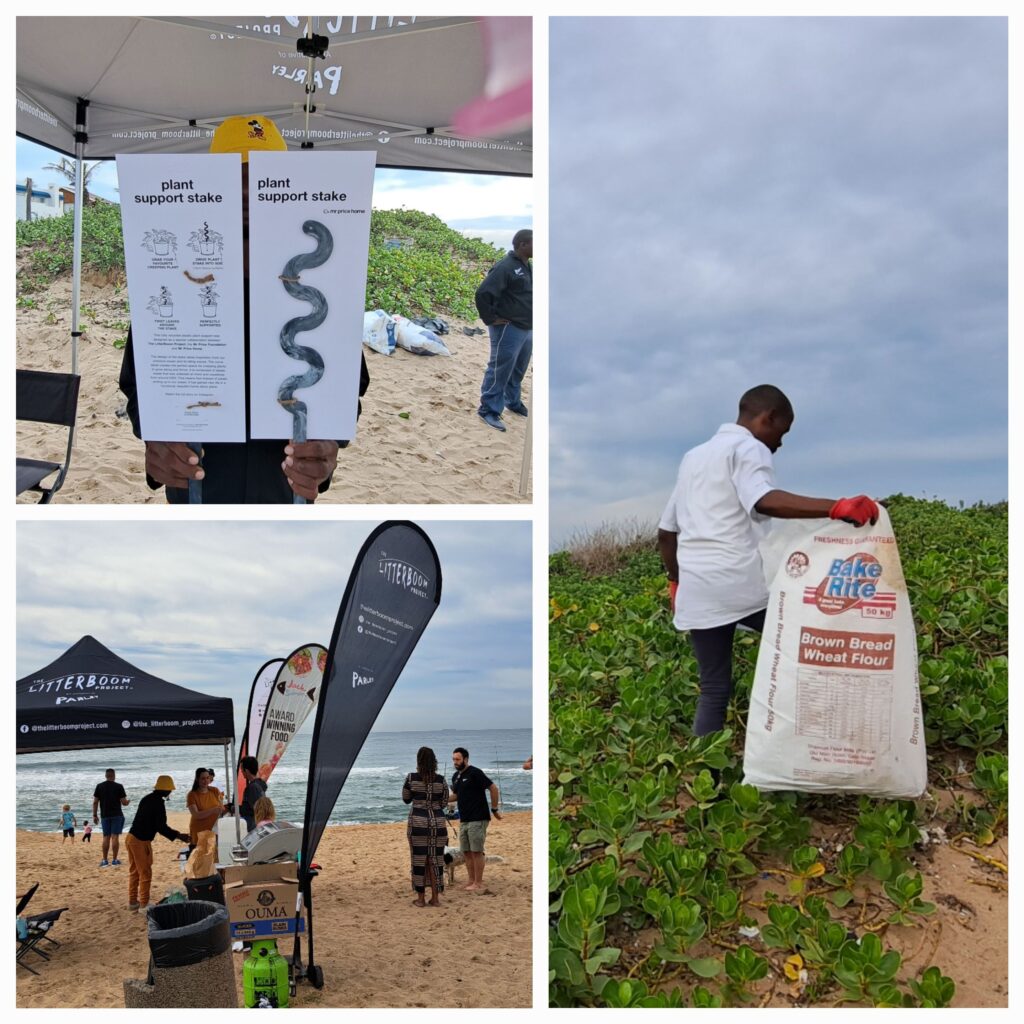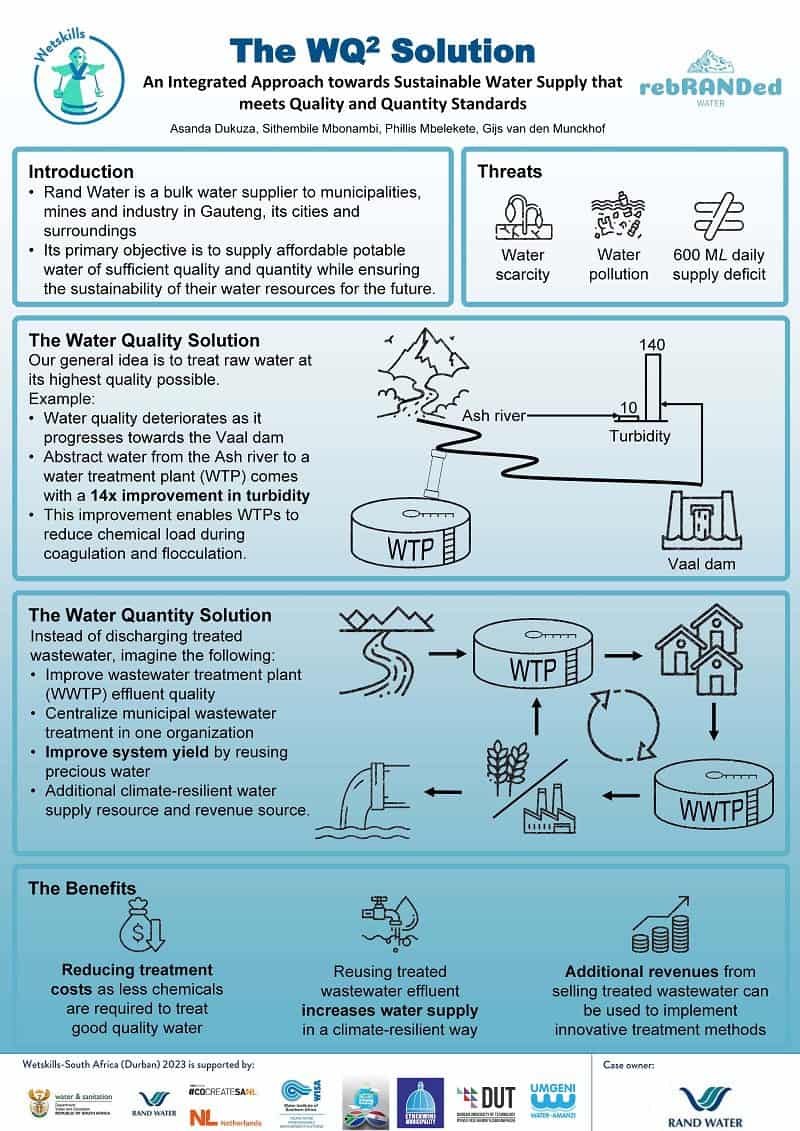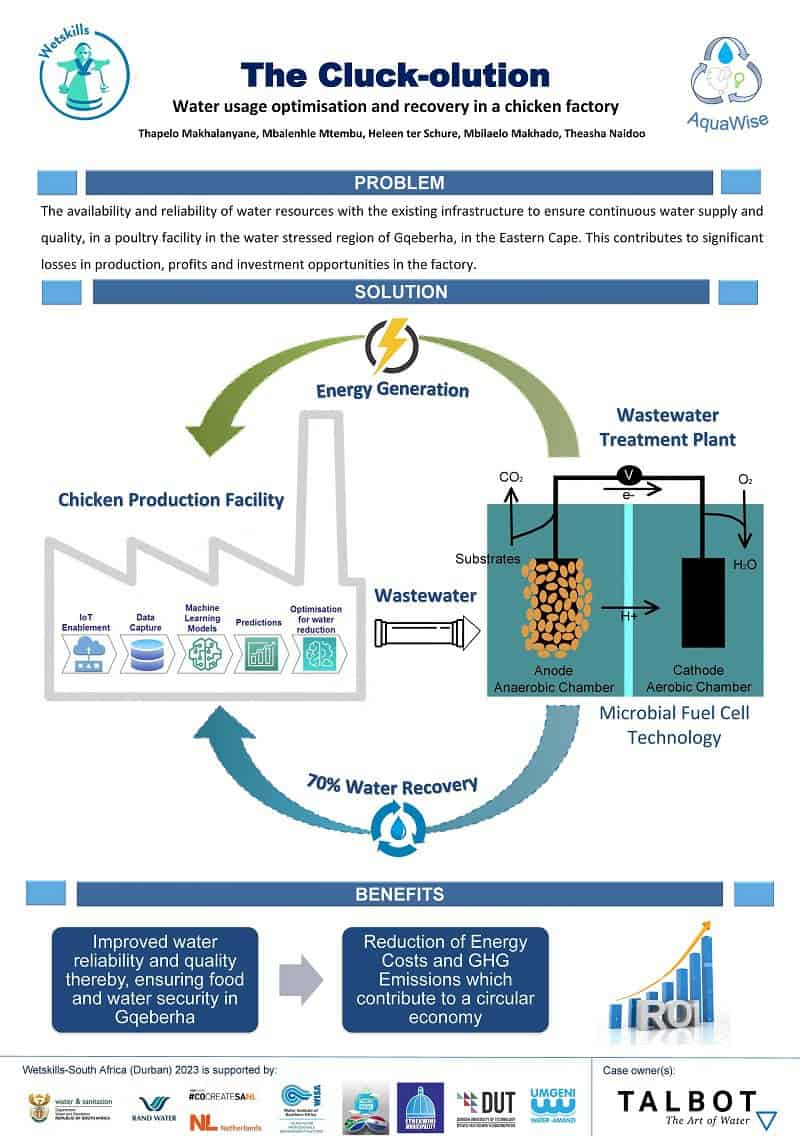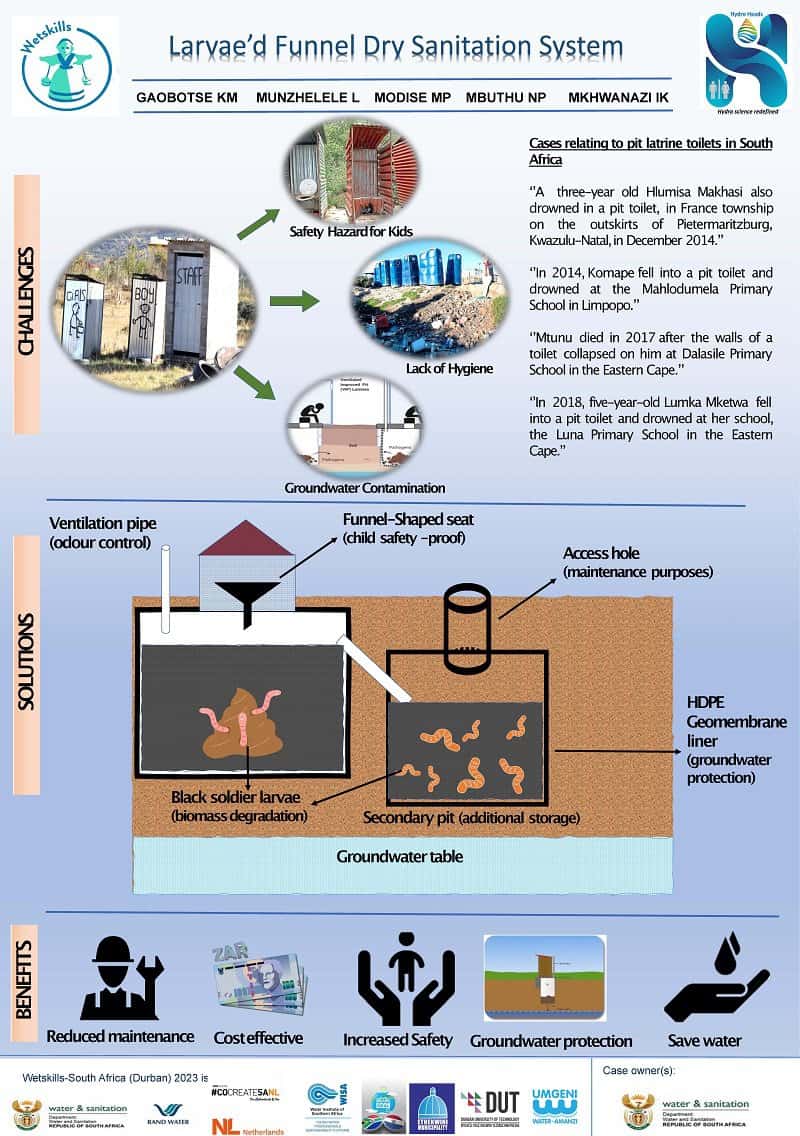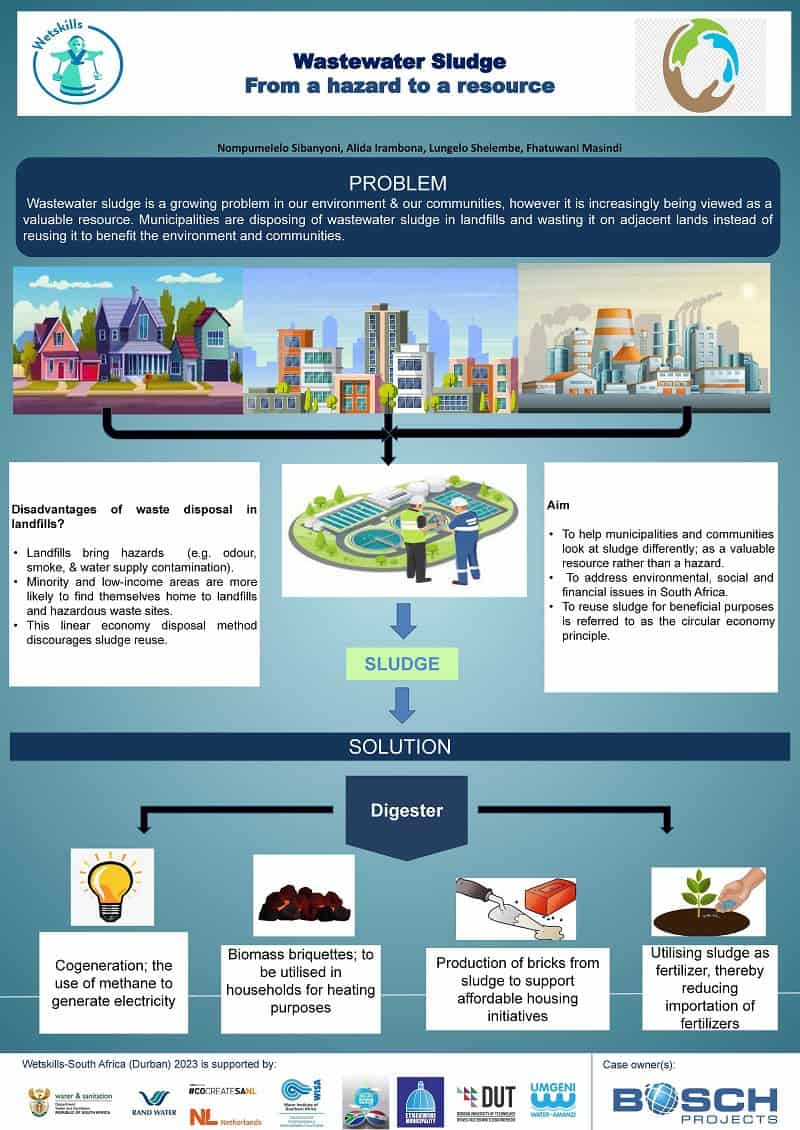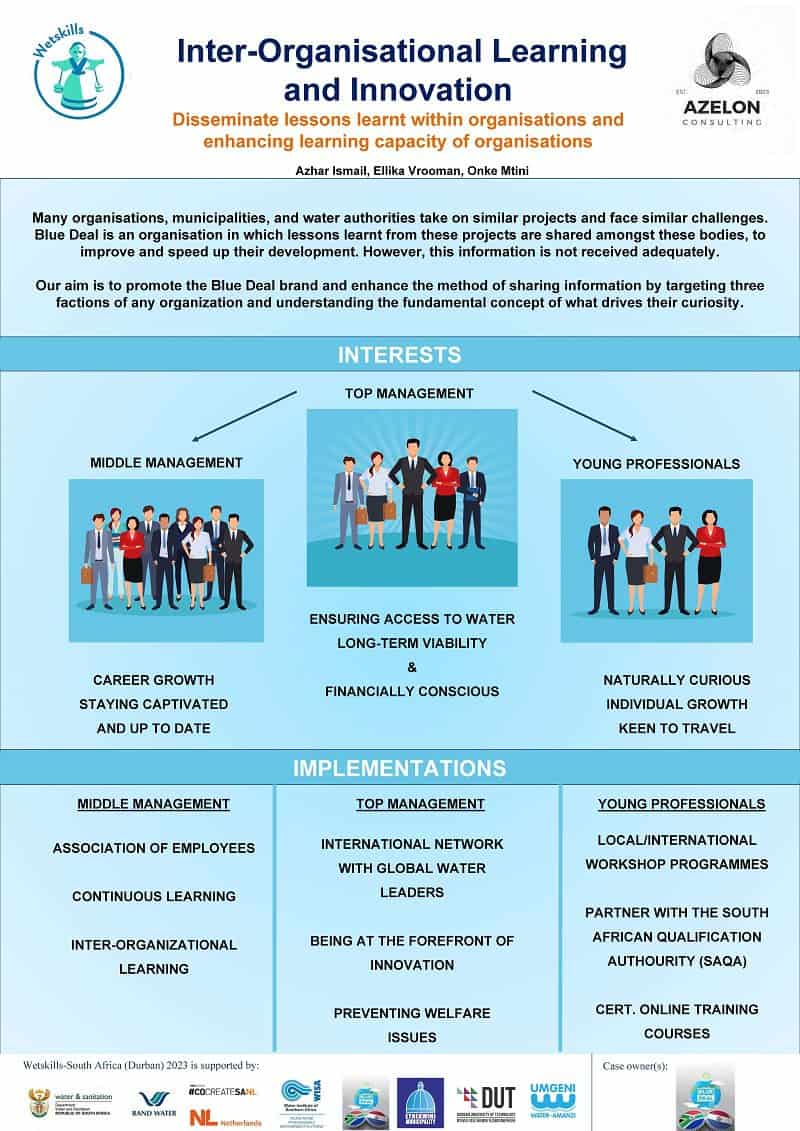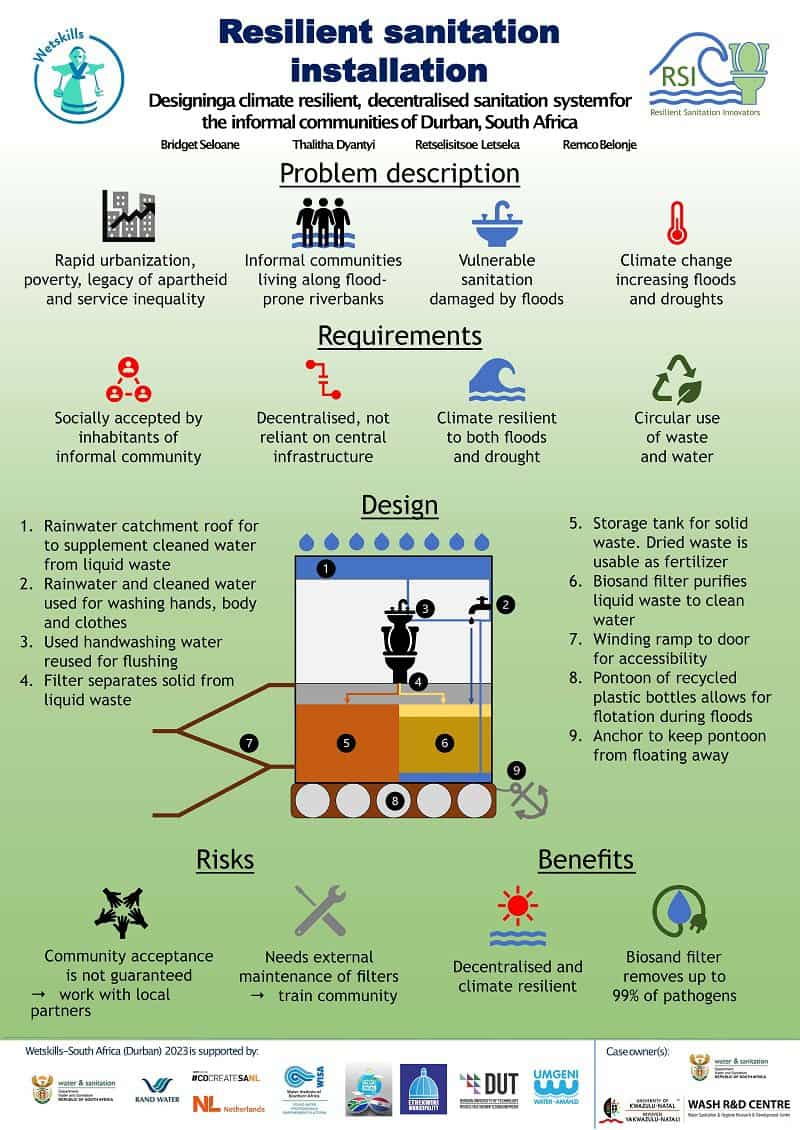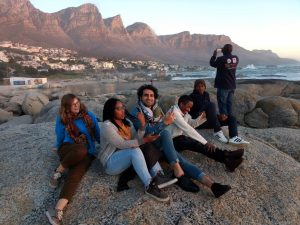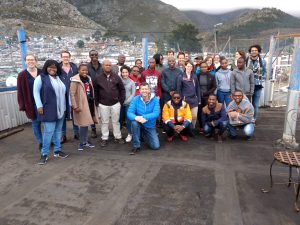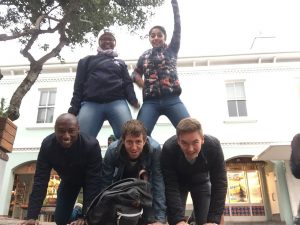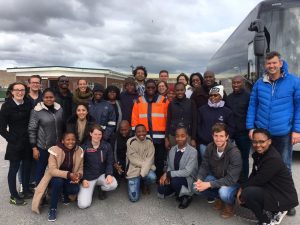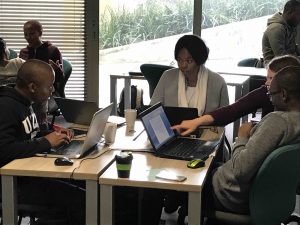
- This event has passed.
Wetskills-South Africa (Durban) 2023
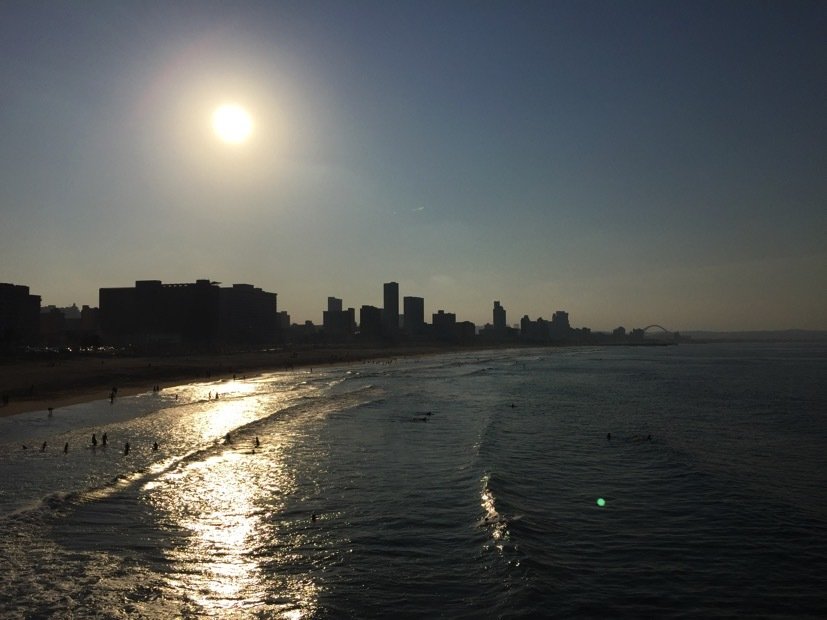

Co-Create for Water in Cities, with Wetskills in Durban
After a great experience in Cape Town earlier this year, we are now in Durban for another great Wetskills event in South Africa.
With students and young professionals from South Africa and other countries, we had a great program. #CoCreateMYCITY with interesting field visits, teamwork and workshops on challenging water & sustainability issues – follow us to see how our international teams got along to solve their water cases with out-of-the-box solutions!
And the winning team is … Team 6, with their solution for a climate resilient sanitation system. Congratulations!
South African Alumni about Wetskills
Event info

Follow Wetskills
Joining this Wetskills Event – What do you get?
A unique learning experience where you will tackle real-life water challenges with your own team!
- You will increase your skills in: international cooperation; problem solving, cross-cultural and interdisciplinary teamwork, networking and presenting (pitch & poster);
- You will get the opportunity to connect with other international water students/young professionals;
- You will exclusively visit the Wetskills finals and awarding at the CoCreateMYCITY programme;
- You will visit Durban and surroundings: water-related, natural and cultural sites, and meetings with water experts;
- You will learn, network and experience more about international and regional water challenges, the main stakeholders and organizations, contemporary issues and current business opportunities;
- You will receive a certificate of participation upon completion of the program.
More information
Contact: Johan Oost, johan.oost@wetskills.com
Events Blogs

The Stakes Are High…
BOOM, INNOVATE AND PITCH
Event Cases

Case 1: Sufficient supply of potable water to customers
Case owner: Rand Water
Rand Water is a bulk water supplier responsible for supplying water to municipalities, mines, industries, and other bulk water users within its service area. Rand Water’s primary objective is to supply a sufficient quantity and quality of potable water to its customers, while ensuring sustainability of water resources for future generations at the same time. However, water boards are facing several problems to sustain their objective: water scarcity (1), aging infrastructure (2), water pollution and contamination (3), affects of climate change (4) and low financial returns (5). How can Rand Water ensure sustainable supply of bulk water – qualitatively and quantitatively – without incurring additional costs to the consumers while still being able to cover their costs?
Case 2: Water Security & Sustainability for food processing
Case owner: Talbot
The food market in South Africa has an annual projected growth rate of 4.76% to meet the needs of the country’s growing population. However, food and beverage facilities are significantly hampered by the availability of sufficient water of good quality. They are facing problems and challenges in water supply infrastructure, treatment facilities, load shedding, and vandalism complicating the facility’s water security challenges. An example of a facility facing significant challenges is a poultry processing plant located near Gqeberha, in the Eastern Cape. How can this chicken processing plant better manage its current municipal water supply and leverage alternative water supply sources as well as technology to mitigate the impact of water on production, food safety, and growth at the same time?
Case 3: Cost-effective Solutions to eradicate pit latrines in rural schools
Case owner: Department of Water and Sanitation (Learning Academy)
There are an estimated four million pit latrines in South Africa; a toilet-type system where waste drops into a large open pit, decomposes, and liquids percolate into the surrounding soil, possibly contaminating surrounding water sources. Statistics on the National Education Infrastructure Management System (NEIMS) showed that more than 5000 of the country’s 23.275 public schools had plain-pit toilets in April 2021. This is a significant problem, particularly for small children, as the toilets are full of dangers including the risk of children falling into the toilets. Although statistics relating to latrine-related deaths are not readily available, another child died in March this year in the Eastern Cape, after falling into a pit latrine. How can communities create safe, cost-effective toilets for schools?
Case 4: Enabling beneficial use of wastewater sludge
Case owner: Bosch Projects
Wastewater sludge is not only a growing liability to our environment and communities but is increasingly being viewed as a valuable resource. However, many municipalities dispose of wastewater sludge in landfills or illegally waste it on adjacent lands. The beneficial use of treated municipal wastewater sludge in agricultural lands is a well-known international practice because of the sludge’s source of nutrients and its soil conditioning effect. Municipalities could promote and practice the beneficial use of sludge within the concept of circular economy principles and environmental regulations. How can municipalities align their implementation and operational plans with circular economy principles, and consider sustainable wastewater sludge disposal and beneficial use?
Case 5: How do organisations learn from each other?
Case owner: Blue Deal South Africa Partnership (Dutch Water Authorities)
Blue Deal is a partnership in which lessons learned from local projects are disseminated to other areas with similar challenges. This multiplication of results can be done by person-to-person contact, by writing reports and sending them out, by presenting the results in conferences or webinars, or by creating ‘communities of practice’. However, these types of dissemination are mainly based on ‘sending’. Organisations are not always tuned to ‘receive’ at that same moment. The question is how to improve the dissemination of results from one organisation to another. What are the key factors for success? What method is the most effective? How can the enabling environment for the Blue Deal South Africa Partnership be improved to disseminate the lessons learned to other water authorities?
Case 6: Building resilient sanitation systems against climate change
Case owners: Water Sanitation & Hygiene Research & Development (WASH R&D) Centre, University of KwaZulu-Natal & Department of Water and Sanitation (KZN office)
One of the main challenges is climate change, and one of its impacts is excessive weather events. In April 2022, eThekwini (Durban) experienced severe flooding, which resulted in over 400 deaths and displaced many individuals from their homes. Moreover, damage to bulk infrastructure has left many communities without basic services, such as water, sanitation, and electricity. eThekwini is a fast-growing city due to population growth and rapid urbanisation, the outward migration of rural populations to the city in search of jobs and better livelihoods. As a result, densely populated informal settlements were formed. How can eThekwini build resilient sanitation systems in these settlements while keeping climate change adaptation in mind?
Events in Cape Town (2023) and Sandton (2022)

Event Partners

